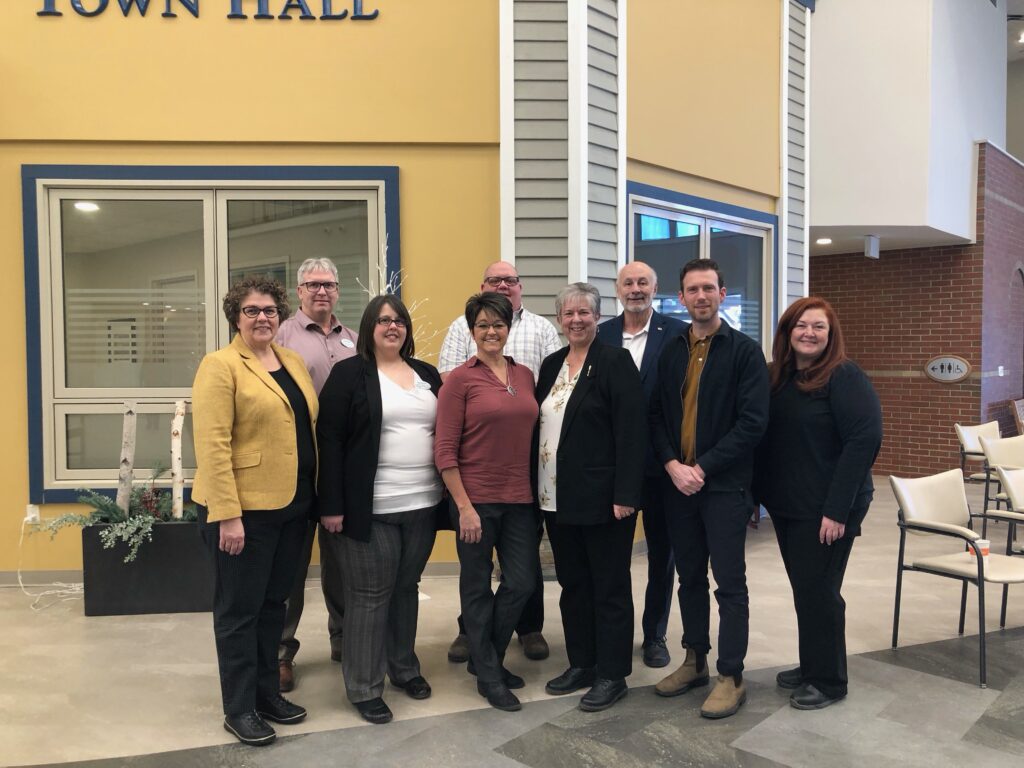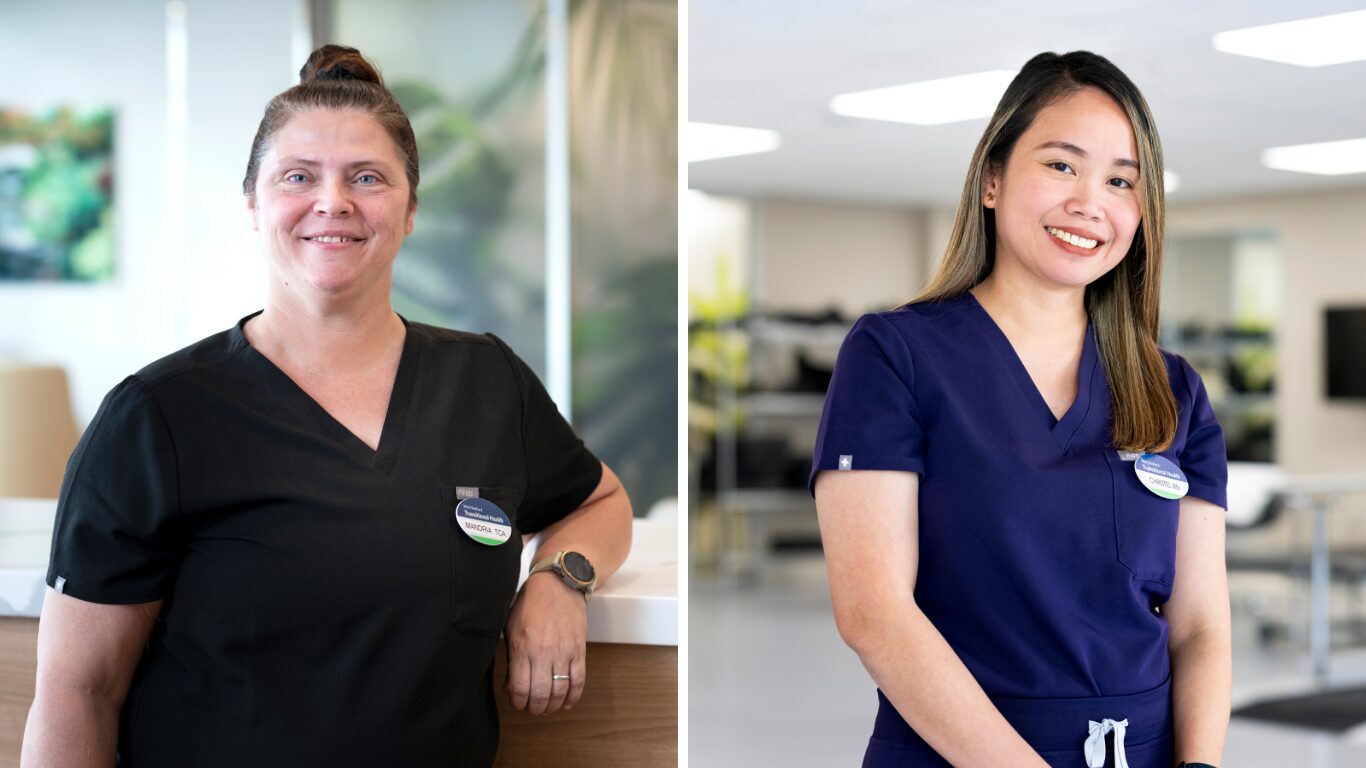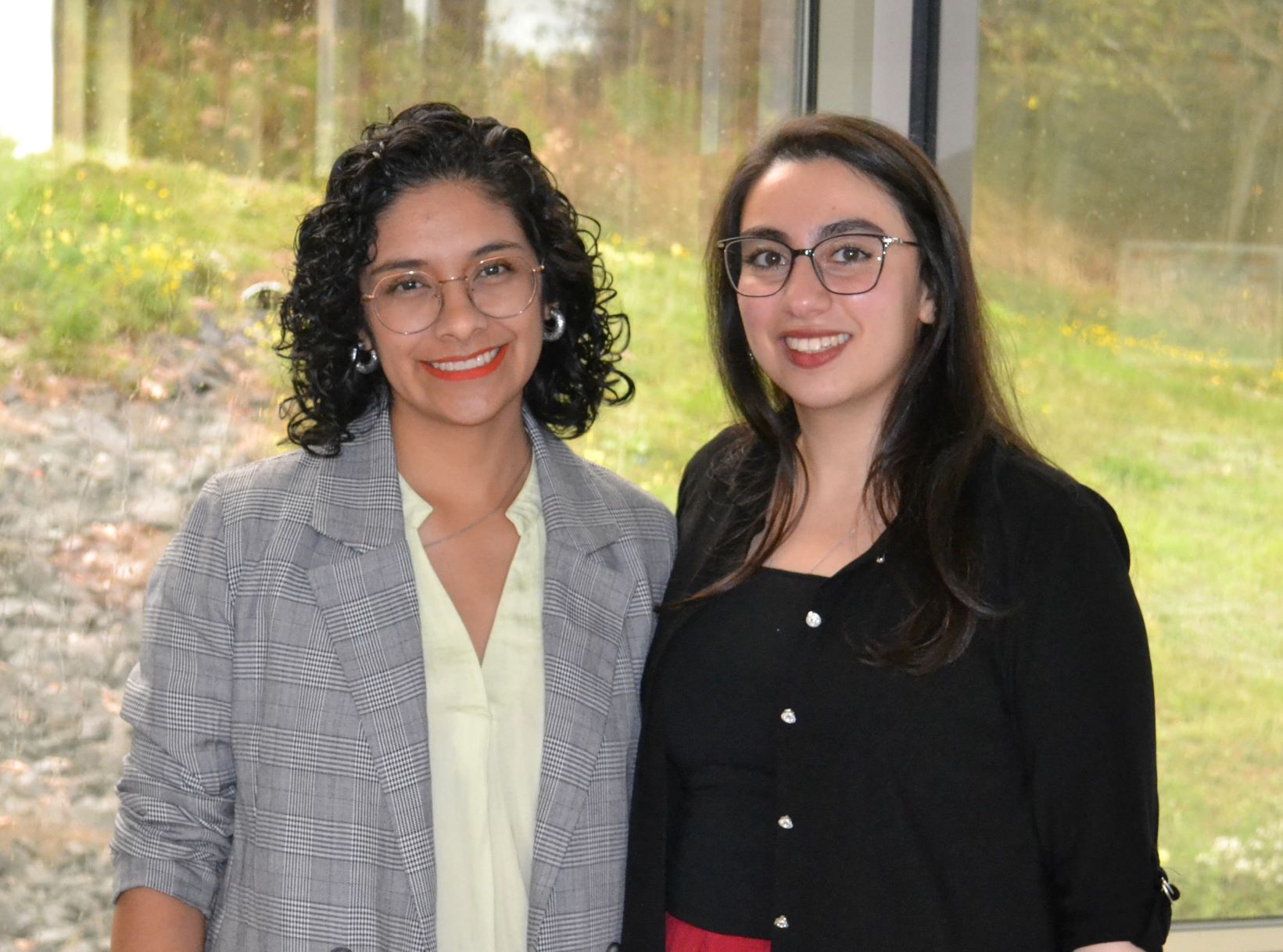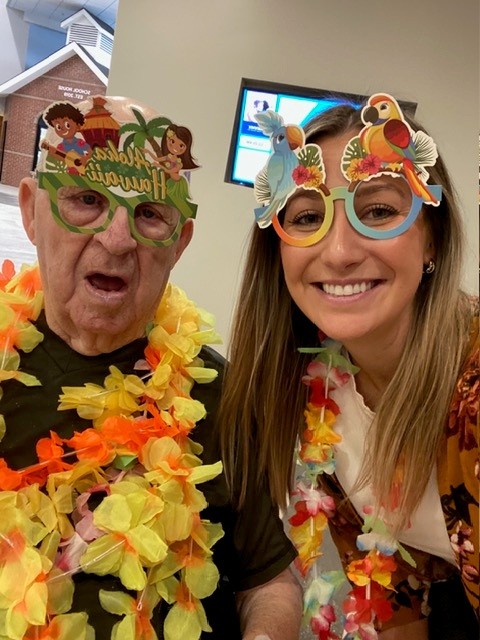
Article: L’Acadie Nouvelle
Suzanne Dupuis-Blanchard, director of the Centre for Studies on Aging at the Université de Moncton, is thrilled: the New Brunswick government has successfully created a best-in-class social program, Nursing Home Without a Wall.
The exception that proves the rule. “I never thought it was possible,” says Suzanne Dupuis-Blanchard, a professor at the U de M’s School of Nursing. For me, this is the first time the New Brunswick government has created a program the right way from start to finish.”
The Child, Youth and Seniors Advocate, Kelly Lamrock, reminded us this week that the government does not sufficiently measure the results of its programs and lacks accountability when they fail to meet expectations.
The independent official argued that this problem has made the long-term care system, among other things, unreliable.
“Exactly everything that needs to be done happened for once, and it happened quickly,” Dupuis-Blanchard said.
She refers to Nursing Home Without Walls (FSSM), whose goal is to ensure that older adults can age in place with the necessary support (access to information and services as well as help with loneliness).
The provincial government announced it would implement this program during the March 2023 budget, with $2 million. One year later, the approach is working in 18 nursing homes, soon to be 20, out of 75.
Nursing Home Without a Wall began as a pilot project that ran from 2019 to 2023 in four long-term care facilities in Lamèque, Inkerman, Paquetville and Port Elgin. It involved 375 participants.
The project prevented 28% of them from making a visit to the emergency room for the wrong reasons (such as looking for information). It had an average satisfaction rating of 98%. It has also led to a decrease in seniors’ feelings of loneliness, an increase in knowledge about aging and support services, and an increase in feelings of security, according to Dupuis-Blanchard.
“We think that if we hadn’t intervened, people would have become more vulnerable and ended up in the emergency room in a matter of months,” she says. Their health can deteriorate in the event of changes, such as the death of a spouse, a course of chronic illness, renovations to the home, etc.”
SUPPORT SERVICES
The researcher believes that Nursing Home Without a Wall owes its success to its adaptability to the needs of the participants and its use of resources present in the communities (associations, experts, Ambulance NB, Vitalité and Horizon).
She adds that the voluntary nursing homes were able to find the necessary workforce quickly because they were looking for professionals other than orderlies and nurses.
“When it comes to aging in place, people have never identified access to medical services as a challenge,” says Dupuis-Blanchard. Instead, they pointed to support services (foot care, digital tablet loans, snow removal, etc.) and social services (activities, meals at home, friendly visits).”
She noted that FSSM participants indicated that they needed help bathing in Lamèque. In this case, part-time caregivers agreed to work more at the local home to provide the service, she said.
SPONTANEOUS
CONGRATULATIONS
“FSSM is a tool that caregivers will be able to use,” Elda Savoie, a professor at the U of M’s School of Social Work, said during a symposium on aging on Wednesday.
“We receive spontaneous comments from caregivers who tell us: ‘Since mom is part of FSSM, she goes to the home and she goes out to activities, she is no longer the same, she is smiling again.’ It gives me chills just talking about it,” Dupuis-Blanchard said.
She said FSSM was the most field-impactful research project of her career.
“To see that we’ve really been able to help people stay at home… it’s something,” said the researcher, who was inducted as a Fellow of the Canadian Academy of Nursing, for her major role in the development of a provincial strategy on aging, among other things.
NATIONAL INTEREST
Ms. Dupuis-Blanchard notes that households in the northwestern part of the province are slow to participate in FSSM. It notes that the participation of these organizations is voluntary. Their managers have received information about the program, including through the NB Association of Nursing Homes, she said.
“Nursing homes can apply to us. We then work with them to identify priorities in their community and see how they can address them,” says the researcher.
In the meantime, Ms. Dupuis-Blanchard is preparing to talk about FSSM much further west: in Vancouver. Interest in her approach is starting to be national, she says.


